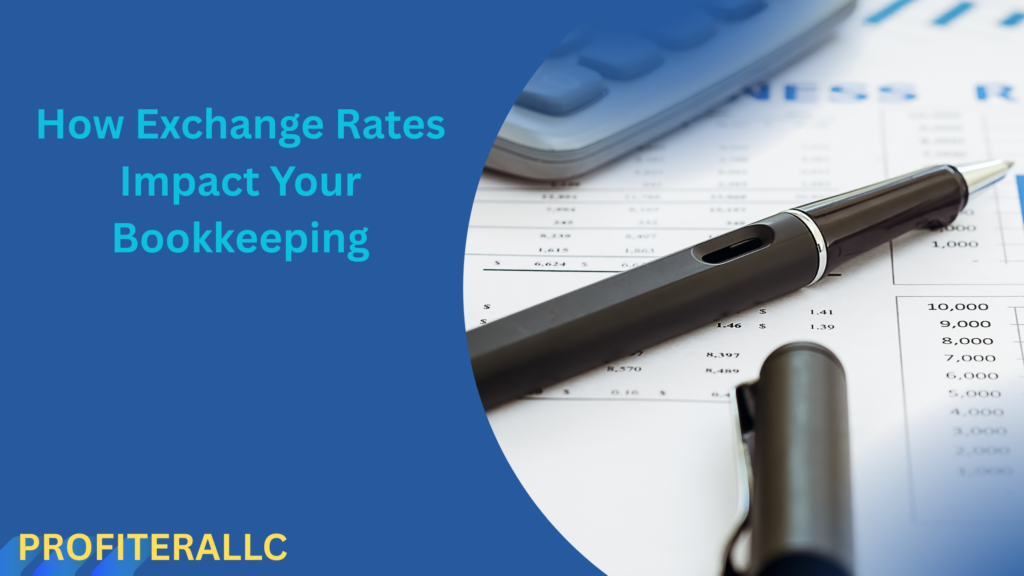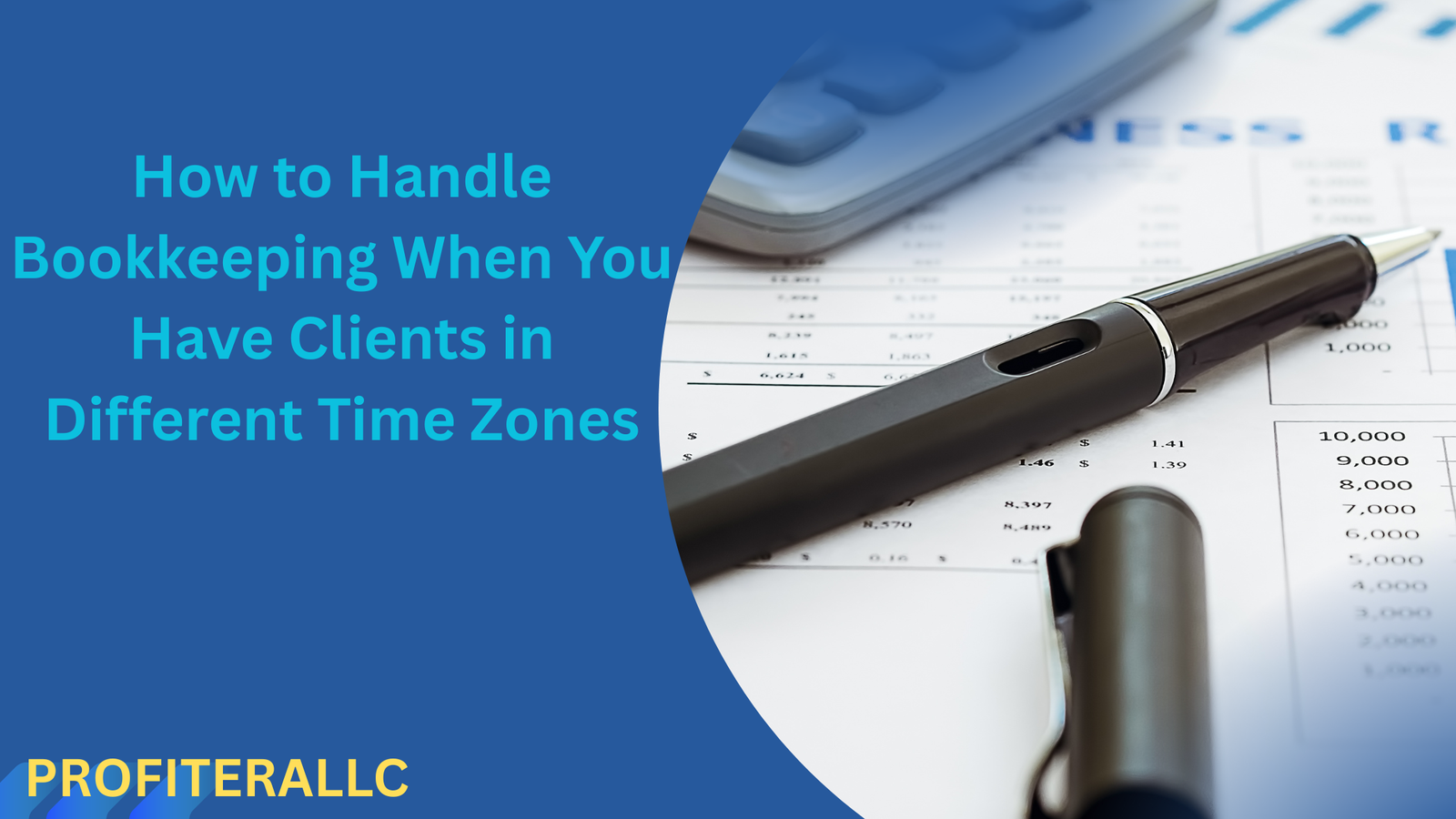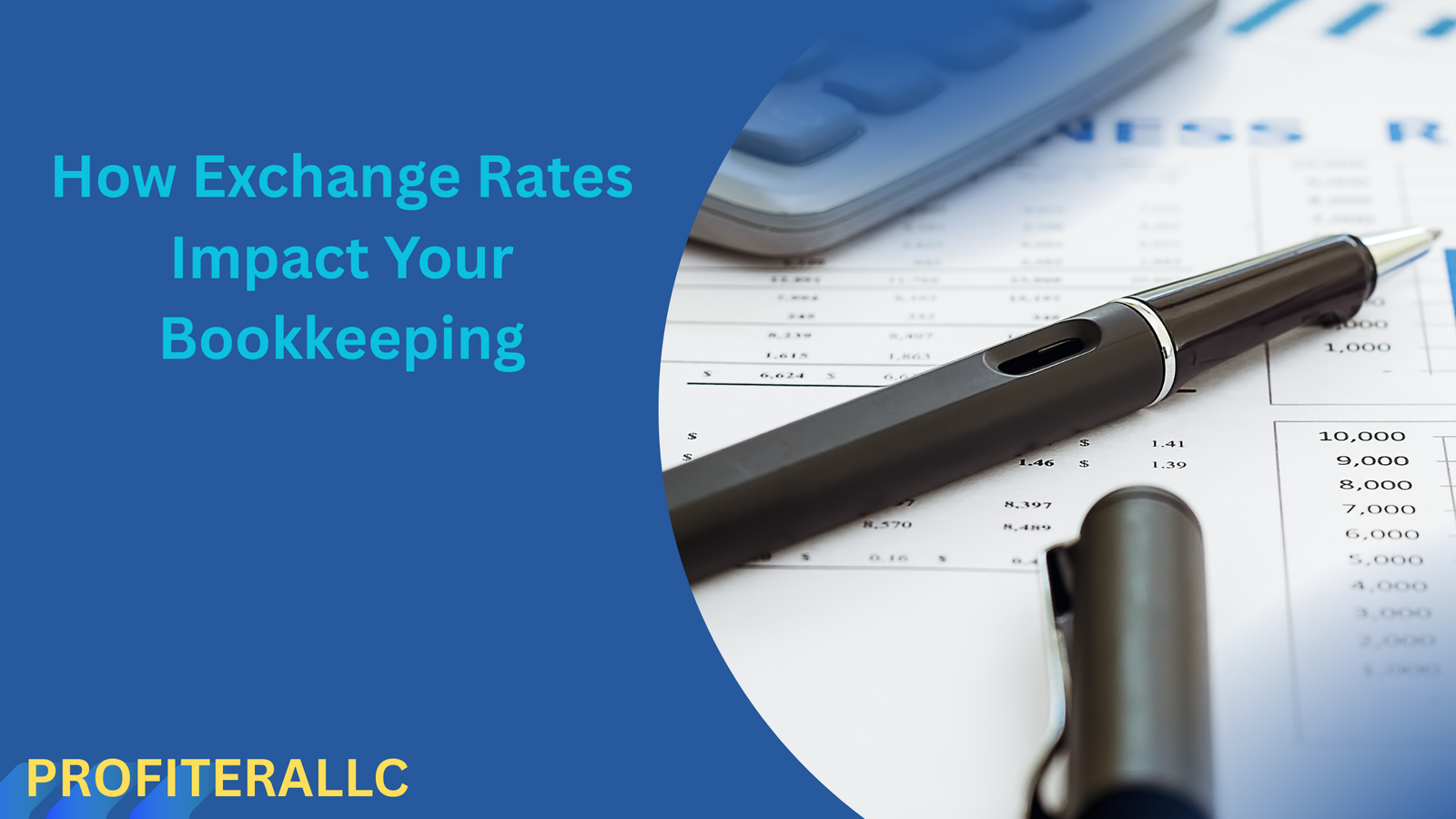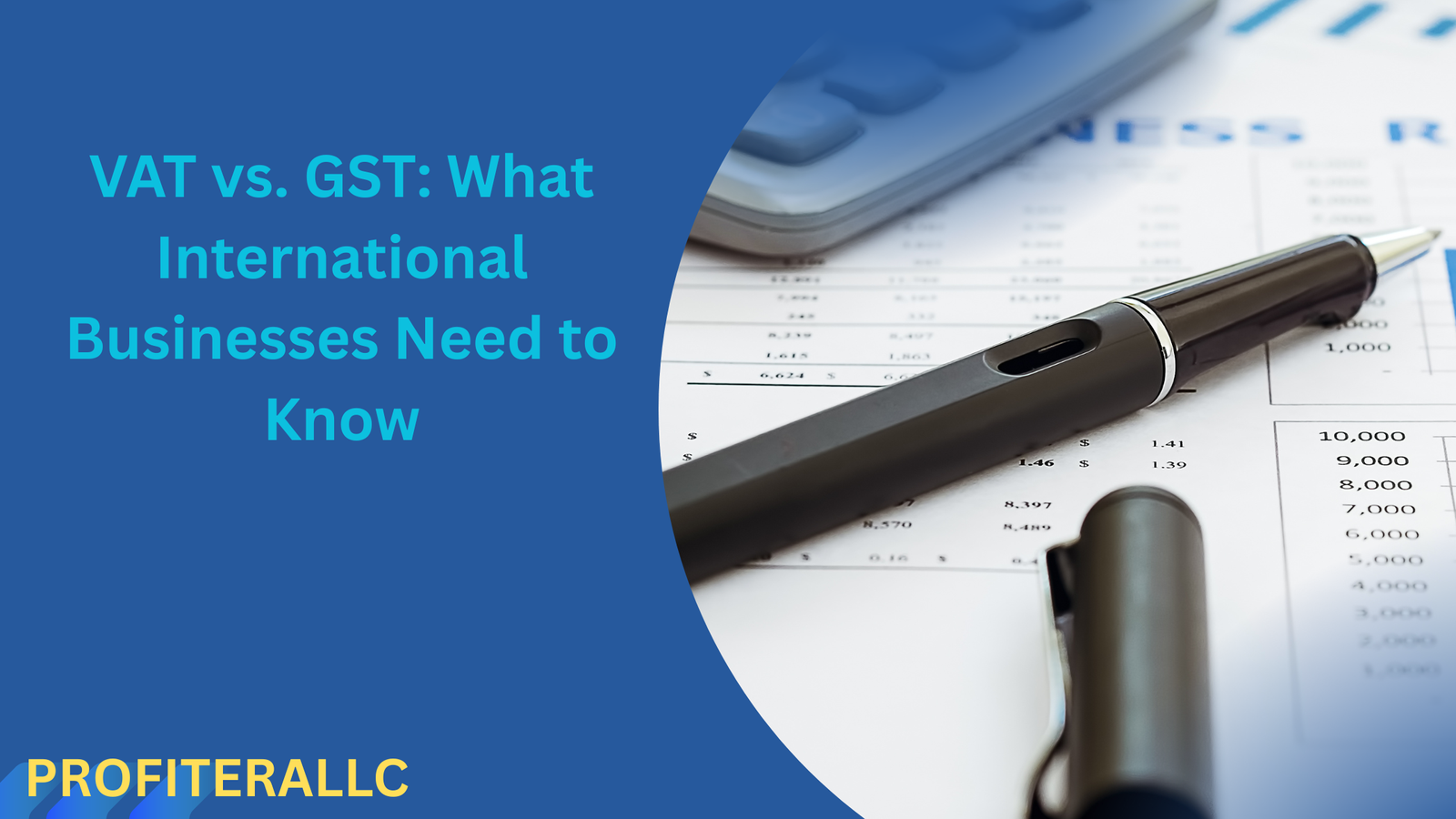
Introduction
In today’s globalized economy, businesses frequently engage in international transactions. Whether you’re importing goods, paying overseas suppliers, or dealing with foreign clients, exchange rates play a crucial role in your financial records. Fluctuations in currency values can significantly impact your bookkeeping, profit margins, and tax liabilities.
This blog post explores how exchange rates influence bookkeeping, the challenges they present, and best practices to mitigate risks.
How Exchange Rates Affect Bookkeeping
1. Transactional Impact: Recording Foreign Currency Transactions
When your business deals with multiple currencies, every transaction must be converted into your functional currency (the primary currency in which you operate). The exchange rate at the time of the transaction determines the recorded value.
Example:
- You invoice a client €1,000 on January 1 when the exchange rate is 1 EUR = 1.10 USD.
- Your books record $1,100 (€1,000 × 1.10).
- If the client pays on February 1 when the rate is 1 EUR = 1.05 USD, you receive $1,050, leading to a $50 exchange loss.
Bookkeeping Challenge:
- Gains or losses must be tracked separately in financial statements.
- Frequent rate changes complicate reconciliation.
2. Translation Impact: Converting Foreign Subsidiary Financials
If your business has overseas branches or subsidiaries, their financial statements must be converted into your reporting currency. This process, called currency translation, affects:
- Balance sheet items (assets, liabilities, equity)
- Income statement entries (revenue, expenses)
Key Methods:
- Current Rate Method: All items use the exchange rate at the balance sheet date.
- Temporal Method: Monetary items (cash, receivables) use current rates, while non-monetary items (inventory, fixed assets) use historical rates.
Bookkeeping Challenge:
- Fluctuations create unrealized gains/losses, impacting equity.
3. Tax Implications: Reporting Forex Gains & Losses
Exchange rate movements can lead to taxable events. Tax authorities require businesses to report:
- Realized Gains/Losses: When a foreign transaction is settled.
- Unrealized Gains/Losses: For open transactions at year-end.
Example:
- If your accounts receivable in EUR loses value before payment, you may report a forex loss, reducing taxable income.
Bookkeeping Challenge:
- Different countries have varying forex tax rules.
- Incorrect reporting may trigger audits.
4. Cash Flow & Budgeting Challenges
Volatile exchange rates make financial forecasting difficult. A sudden currency drop can:
- Increase costs for imported goods.
- Reduce profit margins on foreign sales.
Bookkeeping Challenge:
- Budgets may need frequent revisions.
- Cash flow projections become unreliable.
Best Practices to Manage Exchange Rate Risks in Bookkeeping
1. Use a Consistent Exchange Rate Policy
- Choose a reliable source (e.g., central bank rates, Bloomberg).
- Apply the same rate for all transactions on a given day.
2. Implement Hedging Strategies
- Forward Contracts: Lock in exchange rates for future transactions.
- Options: Secure the right (but not obligation) to exchange at a set rate.
3. Automate Forex Calculations with Accounting Software
- Tools like QuickBooks, Xero, or Sage auto-update exchange rates.
- Reduce manual errors in conversions.
4. Revalue Foreign Currency Accounts Regularly
- Adjust balances at month-end or quarter-end to reflect current rates.
- Ensure accurate financial reporting.
5. Separate Realized vs. Unrealized Gains/Losses
- Track them in different ledger accounts for clarity.
- Helps in tax compliance and financial analysis.
6. Work with a Multilingual Accountant or Bookkeeper
- Ensures compliance with international accounting standards (IFRS, GAAP).
- Helps navigate foreign tax regulations.
Conclusion
Exchange rates introduce complexity into bookkeeping, affecting transactions, financial statements, taxes, and cash flow. By adopting robust accounting practices, leveraging automation, and using hedging tools, businesses can minimize forex risks and maintain accurate financial records.
Staying proactive in managing currency fluctuations ensures smoother financial operations and better decision-making in an increasingly global marketplace.
Final Thoughts:
- Monitor exchange rate trends regularly.
- Consult a financial expert for complex forex transactions.
- Keep detailed records for audits and compliance.
By understanding and addressing the impact of exchange rates on bookkeeping, businesses can protect their bottom line and optimize international financial performance.






